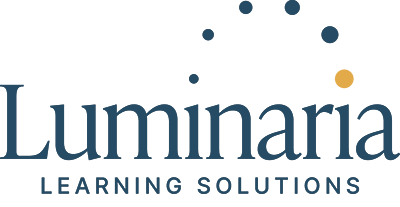FAQ
Today’s students are faced with a world vastly different than their parents grew up in– new developments in technology are changing the way teachers instruct and grade, boys and men are disappearing from college campuses at record high rates, and youth mental health has hit disturbing new lows, prompting the U.S. Surgeon General to declare this issue to be the “crisis of our time.”
We know that feeling organized gives students a sense of agency and confidence in their ability to navigate school and life. By helping students build fundamental skills, habits, and routines, our goal is to counteract stressors and help students build their feeling of competence, which then supports better decision making. Ultimately, these skills translate to greater feelings of resilience, grit, and buoyancy through high school and beyond.
We invite schools to partner with us on executive functioning faculty development, as well as school evaluation, before completing a full Life Navigator School program. Any school looking to partner with Luminaria will undergo an initial needs assessment to better understand the school climate and essential areas for support. We evaluate the tools and structures currently in place and provide recommendations at a foundational level around binders, planners, school scheduling, and more. This stage is designed to promote faculty buy-in and student engagement, as well as build momentum around supporting implementation of this work. (see “Spark: Foundation and Assessment Year” under “How We Work” for more details).
After that initial year, schools can elect to continue to work with us, using the Life Navigator School curriculum and receiving ongoing school coaching (see Years 1-3 under “How We Work” for more details). The program is currently designed as a 3-year implementation plan with a train-the-trainer coaching model that allows for continuous feedback, support/resources, and adaptations as needed.
The Life Navigator Curriculum addresses the following topics:
- Getting Organized (Introducing Binders, Paper Planners, and Digital Folder)
- Blocking and Managing Distractions (Recognizing Distractions)
- Personal and Academic Goals (Setting Goals)
- Studying for Tests and Projects (Creating Space for Success: A Place to Study)
- Building Community (Introduction, Reflection, and Meeting New Classmates)
- Thriving in the Digital World (Media and Technology Balance)
- Nutrition and Energy Management (Food as Fuel)
- Healthy Mind, Healthy Body (Building Your Emotional Toolkit)
Initial response and feedback to our programming have been incredibly positive, and we are committed to thoughtful, sustainable, impactful scale and growth. We currently have a waiting list for K-8 schools and high schools (9-12) interested in being involved. To add your school’s name to the list, please have a school leader or district administrator contact us.
"I'm eternally glad we're supporting this as a school!"
– Participating upper school teacher
